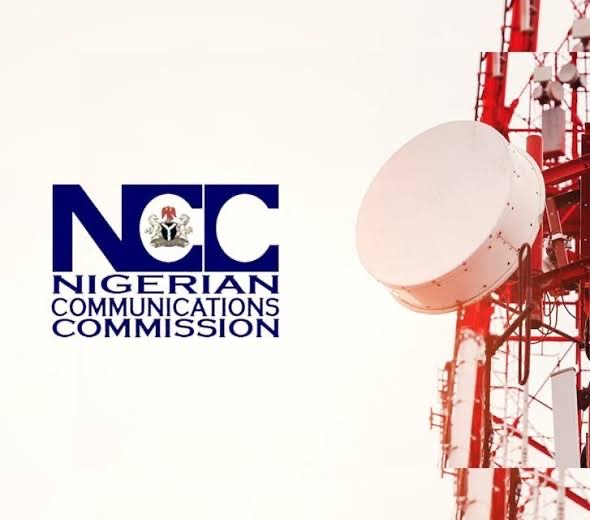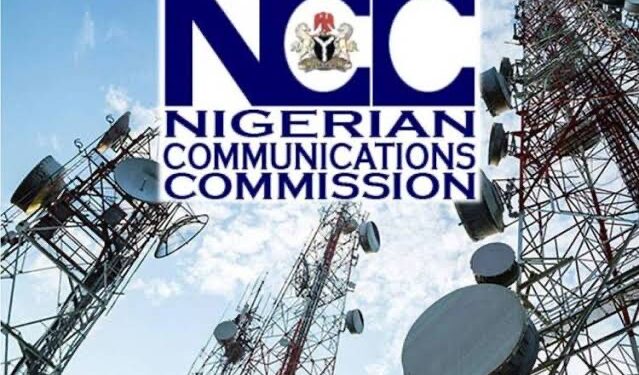According to data from the Nigerian Communications Commission (NCC), out of 252 companies that received ISP licenses in the fourth quarter (Q4) of 2023, only 106 Internet Service Providers (ISPs) are currently active. The NCC data indicates that the 106 ISPs had a total of 262,206 active customers during the period.
However, this figure is still relatively low compared to the internet customer base of the four mobile network operators in the country. As a reminder, as of December 2023, MTN, Airtel, Globacom, and 9mobile had 163.8 million internet subscribers.
Among the many factors cited by stakeholders as reasons for the inactivity of ISPs are the high cost of operating in Nigeria, issues with the right of way, poor internet access in the northern part of the country due to security concerns, and the completion of ISP’s standardization with state governments and various taxes.
For example, the ISP had a total revenue of N92,079,251,596.26, and spent N5,243,381,710.22 on the acquisition, modernization, and maintenance of fixed assets such as land, plant, buildings, technology, and equipment, while operating expenses amounted to N71,200.00 up to N884,440.55.
This emerged according to the 2022 year-end performance report.
Chidi Ajuzie, Chief Operating Officer, WTES Projects Limited, said ISPs in Nigeria face significant survival challenges, urging them to expand their operations and explore opportunities for further growth and profitability along with the pursuit of sustainability.

Significant challenges facing ISPs include vandalism, competition, tariffs, taxes and fees, availability, and cost of electricity. Ajuzie said the sub-sector needed regulatory support on licensing issues, spectrum availability and pricing, cross-sectoral policy frameworks, right-of-way interventions, the safety of personnel, and the security of premises.
“The last two years have been very challenging for ISPs with heavy damage to infrastructure especially in Lagos State, and the Federal Government should enact legislation that will mandate the protection of critical telecommunications infrastructure. The business of ISPs in Nigeria is profitable but we need to be vigilant and attentive to government support at the federal, state, and local levels to create a favorable business environment,” he stressed.
ISPs play a vital role in providing internet connectivity and implementing the National Broadband Plan (NBP 2020-2025) but they need not be static to ensure their survival, Ajuzie stressed. According to him, silos are the bane of ISP operations in Nigeria, consuming both OPEX and CAPEX.
“ISPs must be highly innovative and go beyond ordinary connectivity to provide value-added services and solutions over fiber infrastructure. ISPs must understand the market and take targeted steps to increase revenue.
“Collaboration is key for ISPs to succeed at all levels. ISPs need to find key players to work with to expand broadband reach and reduce costs. They need to consolidate and expand available coverage. ISPs also need to monetize and stabilize their existing infrastructure.

They provide end-to-end solutions and services but with a focus on the end-user wallet.
Essentially, ISPs should look at other areas to sustain their business. They can benefit from open access rollouts and partnerships to reduce traditional CAPEX and OPEX, expand coverage, consolidate multi-vendor maintenance, reduce risk and high costs, and maintain end-to-end broadband integration.
Adding to the challenges faced by ISPs in Nigeria, Martins Akingba, Chief Operating Officer, eStream Networks Limited, told Leadership that access to foreign currency is a major hurdle as almost all equipment used in the industry is 100% imported.
“Internet connectivity is a challenge for some local providers. We are competing in a market where other players have access to foreign assistance in the form of funds and know-how. We are also dealing with governments at all levels that do not see IT as an economic driver but as the goose that lays the golden eggs,” Akingba exclaimed.
While congratulating the Federal Government, Akingba explained that the Federal Government recognizes that broadband penetration is key to reducing data costs and therefore has set a target of 70 percent broadband penetration to cover 90 percent of the population by 2025.
For this reason, road tariffs have been reduced to N150 per meter.
He appealed to state governors who are yet to implement the N150 per meter tariff to do so. Dr. Kenny Joda, Sales Manager, FibreOne Broadband, revealed that the Federal Government is providing significant support to ISPs to boost broadband penetration in Nigeria.
“The Federal Government has asked state governors to reduce road tolls to N150 per metre. While some states have heeded the call, others, such as Lagos, are yet to do so. For instance, Lagos State still charges up to N1,500 per metre,” Joda lamented.
He, however, appealed to state governors to comply with the Federal Government’s directive. “We should be protected from harassment by local boys, police and real estate agents. The government could also step in by reducing taxes on imported equipment,” he said.































